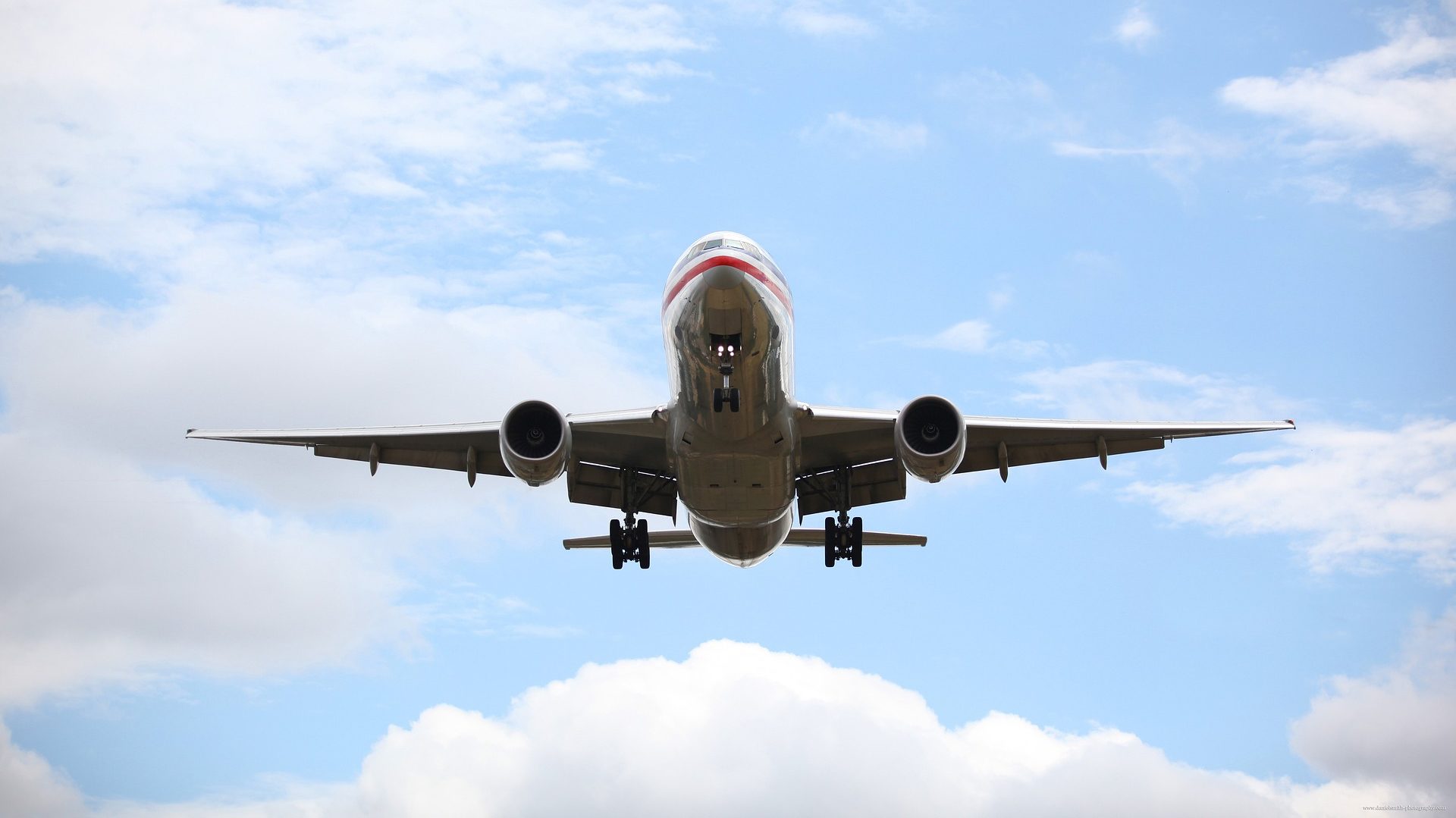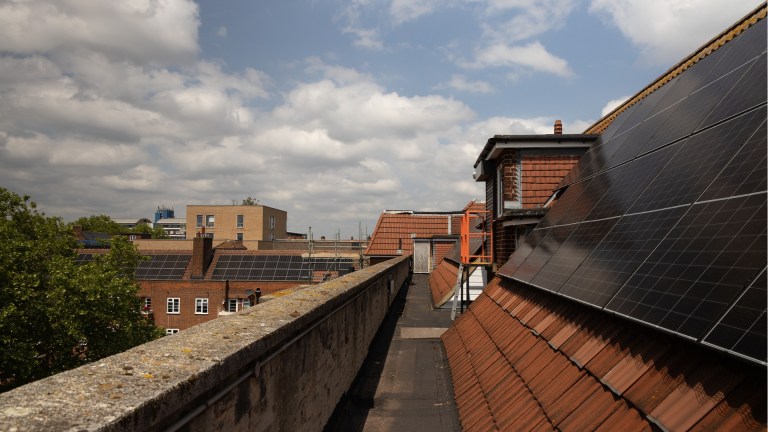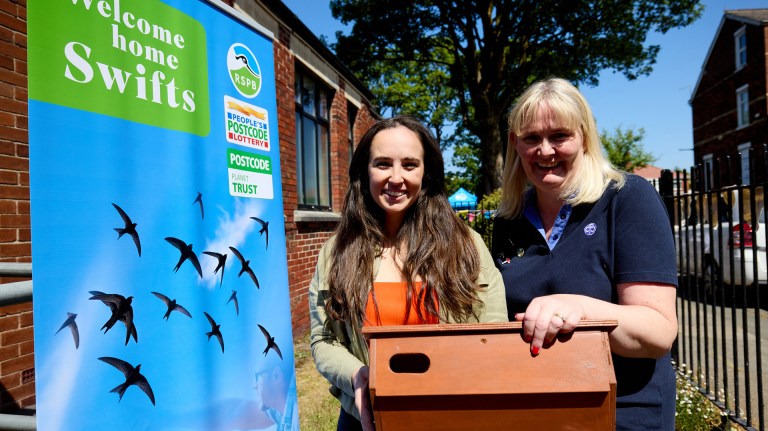Virgin Atlantic, for instance, said that information provided to consumers on the carbon emissions associated with their flight should be “supported” by the government “doing more to make a positive case for aviation”.
Virgin Atlantic said this could include “highlighting the positive actions taken by the sector and demonstrating how far we have come even in just the last decade in terms of aircraft efficiency and international regulation”.
In May this year, climate charity Possible published a study showing that the aviation industry has missed, revised or dropped 49 out of 50 environmental targets it has set itself since 2000.
More flying = levelling up
Forget better train links, job opportunities and housing – it turns out that a larger aviation industry is the real solution to our levelling up woes.
In its submission to the Jet Zero consultation, trade body Airlines UK said that any environmental initiatives which might make flying more expensive should be tested against “their impacts on economically disadvantaged areas of the UK”.
Airlines UK also lauded the government for reducing the cost of Air Passenger Duty last year, saying this “supports the government’s wider policy objectives of levelling up underdeveloped economic regions of the UK”.
Advertising helps fund Big Issue’s mission to end poverty
In the UK, roughly half of the population never flies, with the richest 15 per cent responsible for 75 per cent of all flights.
Without more flights, how will we pay for measures to decarbonise them?
Wizz Air said in its response that it was “comforted” that the government has taken a more “optimistic” approach to decarbonising aviation than the Climate Change Committee with regards to managing demand for flying.
Why? The airline said it believes that “an increase in unhindered demand should be encouraged as this provides the much needed revenue for airlines to invest in extremely high cost green alternatives like sustainable aviation fuel”.
So, they need an unhindered increase in demand for flights so they can pay for the measures to make those same flights climate-friendly. Makes sense.
Trains and cars are just as carbon intensive
In more than one submission to the consultation, airlines suggested that travelling by train is not as climate-friendly as it might seem.
On domestic flights, Airlines UK suggested that “reduced domestic air services or increased ticket prices will do very little to reduce the UK’s carbon emissions” because this carries “significant risk of increasing net emissions if passengers choose to make equivalent journeys by road or diesel train”.
Advertising helps fund Big Issue’s mission to end poverty
Loganair, meanwhile, said that “the carbon and fuel use figures reported by the Department for Transport are often misunderstood by journalists and the public and the gross, aggregated national statistics are often applied universally leading to perverse conclusions”.
It used the example of “emissions statistics for rail which is a mode of transport often cited as having the lowest carbon intensity per passenger mile”, saying that low emissions from electrified networks conceal the higher emissions of diesel-powered trains.
In almost all cases, even when a train is powered by diesel, the carbon emissions that result are lower than an equivalent plane journey. According to statistics from EcoPassenger, a journey from London to Madrid would emit 43kg (95lb) of CO2 per passenger by train, but 118kg by plane.
While driving a car with just one passenger could be more carbon intensive than taking a plane, EcoPassenger says that a journey from London to Madrid by car would be less carbon intensive than a plane with just two or more passengers.
Making domestic flying more expensive will send customers abroad instead
In its Jet Zero response, budget airline Ryanair pushed back against a target for decarbonising domestic aviation by 2040, ten years earlier than the target for international aviation.
Ryanair claimed that: “Setting a net zero target for domestic flights which is 10 years earlier than for flights departing / arriving into the UK will lead to an increase in overall greenhouse gases”.
Advertising helps fund Big Issue’s mission to end poverty
They argued: “By making domestic flying more expensive relative to flying outside the UK, passengers will choose to fly further increasing their emission footprint. This will defeat the purpose of setting a more ambitious domestic target”.
It’s fair enough. After all, which one of us hasn’t found our business flight from London to Glasgow so expensive that we simply flew to Tenerife instead?
We need people to put more pressure on us to reduce our emissions
If you thought water companies leaking a quarter of our supply every day then telling us to conserve water use was bad, I give you: airlines preaching “individual responsibility” on climate change.
In its Jet Zero response, Saxon Airlines wrote: “It’s all about getting everyone to face their individual responsibilities, as this would have a cascade effect and provide direct consumer pressure that is currently only applied through agenda driven lobby groups.”
“Currently most people seem to think their individual actions are pointless due to the scale, a realisation that collectively individuals make the biggest difference of all would tip this into meaningful comprehensive action everywhere.”
And there we were thinking airlines themselves might have some culpability over their contribution to climate change!
Advertising helps fund Big Issue’s mission to end poverty
Sharing emissions information with passengers – unless it damages the bottom line
Many airlines spoke in favour of providing passengers with information about the carbon intensity of their travel choices, including flying.
While Jet2 said that making this a mandatory requirement for airlines to provide could enable “fair comparison between all airlines”, it added a key caveat: “This data must however have regard to commercial considerations, ensuring that competitiveness is not damaged by the sharing of this information and more detail on this type of approach would have to be considered prior to this being adopted.”










